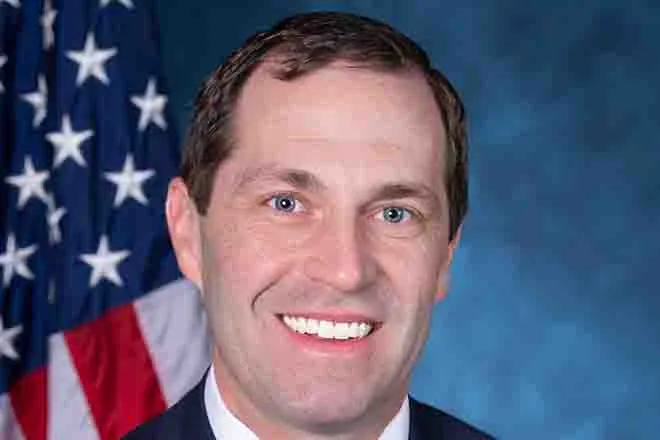
Colorado health merger aims to unify behavioral and medical care
Click play to listen to this article.
(Colorado News Connection) Clinica Family Health and Mental Health Partners have announced plans to merge operations by September of this year.
Mental Health Partners co-CEO Dixie Casford said the move will create an integrated care model that can better meet the needs of historically underserved populations.

Patients will no longer have to navigate complex referrals, hunt for new providers, or explain their medical history over and over.
"Whether it's oral care, and mental health care," said Casford. "Whatever combination that looks like, you come in, there's no wrong door. They can come into that system and get what they need."
The new Clinica Family Health and Wellness will offer physical, behavioral, and oral healthcare to all patients regardless of their insurance status or ability to pay from locations across Adams, Boulder, Broomfield, and Gilpin counties.
Casford said the new, larger organization will also benefit workers by providing a host of new opportunities across areas of specialization.
She said the aim is to magnify the talents and skills of the compassionate, expert staff across both organizations.
"There's going to be different positions that don't exist now across both organizations," said Casford. "And so there's going to be multiple layers of professional development, and career advancement opportunities that just don't exist in the singular organizations."
Casford said the merger is also an opportunity for new innovations. Teams of providers will be able to work collaboratively to see the full picture of an individual's physical, mental, and social needs.
She said this whole-person model can better identify and manage problems before they develop into crises.
"We have more of a set up for a lifetime of care," said Casford. "And we really believe what that will do is move people from more acute situations farther upstream in the health care system to more prevention and wellness eventually."
















